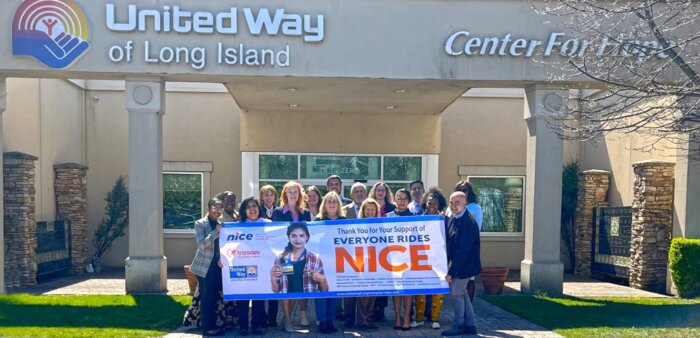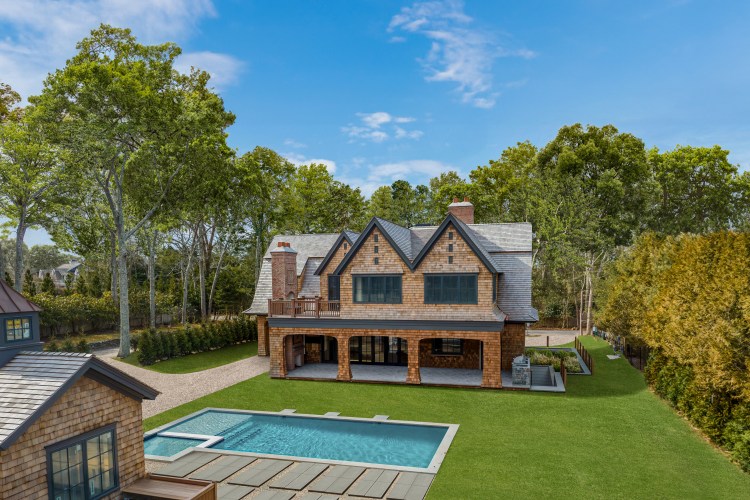Multiple independent Long Island country clubs were sold off to corporations in the past year as part of a growing trend that may continue due to the factors of changing demographics and increased competition.
In October, the Muttontown Club in East Norwich was acquired by Concert Golf Partners, according to Peter Nanula, a spokesman for the corporation. Just days before that, in September, the board of directors at Engineers Country Club in Roslyn Harbor voted to sell its assets—including its 18-hole golf course, tennis courts, pool and clubhouse—to RXR Realty, the largest commercial real estate owner on LI, which plans to keep the club open but signaled that it plans to develop part of the 210-acre property. That news came five months after Weiss Properties and 2020 Acquisitions bought the 109-year-old Woodmere Club in Woodmere.
The purchase of the Muttontown Club was part of a recapitalization deal, unanimously approved by the club’s board of directors and by a 96-3 vote of its members, under which Concert Golf paid off the club’s debt, lowered equity member dues and infused $1 million into the club. according to the corporation. Not clear was the purchase price.
“Terms were confidential,” Nanula says.
An update on the Engineers deal wasn’t available and RXR declined to comment for this story. Before those three transactions, in 2015, the 125-acre Cedarbrook Club in Old Brookville was put up for sale, the 107-acre Woodcrest Country Club in Muttontown sold for $19 million in 2010 and the North Shore Country Club in Glen Head was purchased for $12.5 million in 2009.
Also in negotiations for sale and partial development was the 168-acre Cold Spring Country Club. Matt Tucker, that club’s general manager, declined to comment.
A deal to acquire Cedarbrook Club fell through early this year, according to David Rafiy, its director.
“We’re looking to build up the membership and catering business, and we’ll consider other alternatives as well,” he says, noting that membership is “up significantly.”
Driving the issue is the fact that many younger parents don’t have much time to play golf, the number of courses has expanded, especially on LI — where private clubs now compete with new, “high-end” municipal courses — and certain clubs have rising debt and declining membership, Rafiy says.
“They had high standards, spent a lot of money on renovations and they had big loans,” he says. “Rather than continue to pass along the deficits to their members, they decided to sell.”
One bright spot is that the number of people interested in golf seems to be “on the upswing,” he says.
Although he expects the number of local country clubs being put up
for sale will “level off,” he predicts “there are probably a few more clubs that will change hands.”
While member-owned Pine Hollow Country Club in East Norwich is flourishing as a “fullservice, family centric country club” with amenities including an Olympic-size pool, tennis courts and an 18-hole golf course, “a lot of other clubs are kind of going into the golf club” business and moving away from “top-level service” to save money, says Brian Lau, general manager.
Others trying to maintain high-end services are drastically slashing membership fees to be more competitive with other local clubs — “a slippery slope” because they’re “bringing [members] in at substantially less revenue,” he says. “That equation just doesn’t work.”
It also remains to be seen how clubs that were once member-owned will fare now after being bought out by corporations that start making all the decisions, he says. Experts say they must figure out ways to attract younger members to survive.
“The cost of living is going up substantially on Long Island,” he says. “Everything is going up. So, it’s really, really, really tough for young families to join a country club.”



























